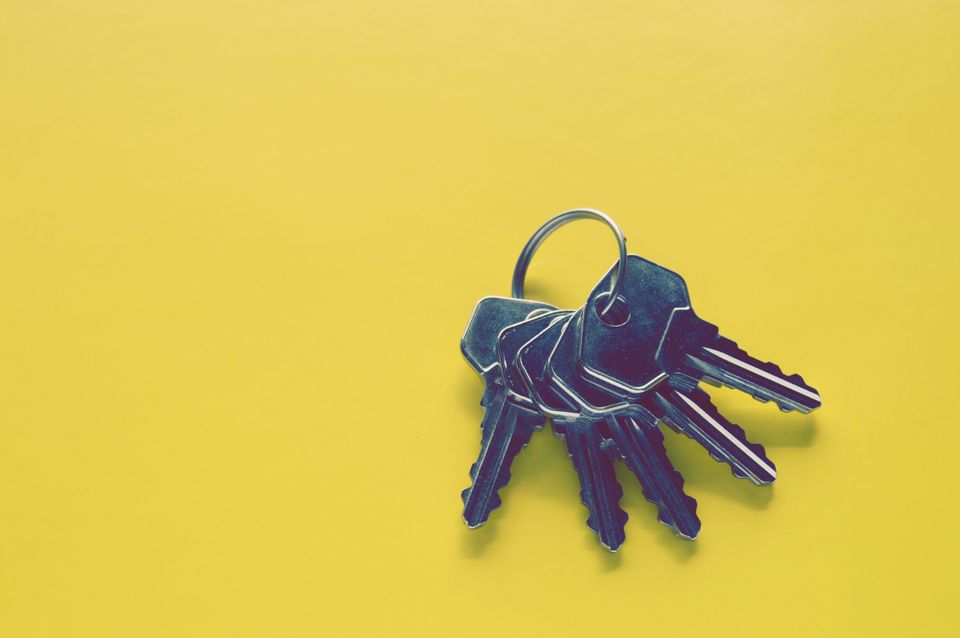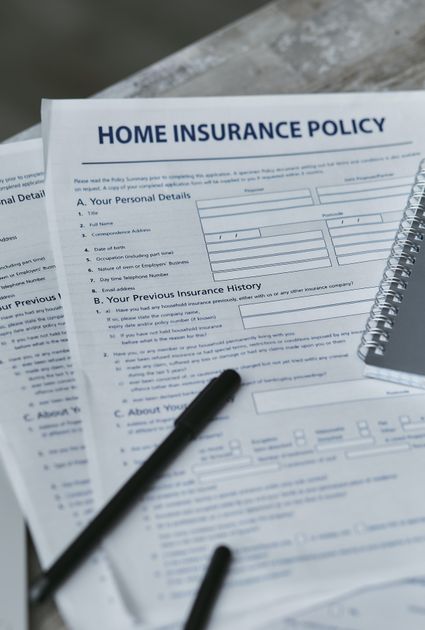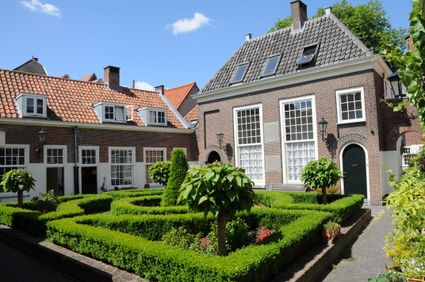Legal Aspect of Buying

According to Dutch law, the purchase of real estate is bound by legal formalities.
Sales contract
The purchase of a house or an apartment must be laid down in a contract to be legally valid. A verbal offer is not binding. Therefore, it is important that agreements regarding the purchase of a house or an apartment are drawn up in a contract as precisely as possible. A notary can assist you with this.
Cooling off period
When you have bought a property, you are given three days during which you are allowed to reconsider your purchase. This period of reflection starts the day after you receive the purchase contract which has been signed by both parties: the buyer and the seller. The cooling off period is meant to prevent one from making a rash or ill-considered decision which could bring about significant financial consequences.
Buying an apartment
Different rules apply when buying an apartment. When an apartment is purchased, one comes to own a specific part of the total object or apartment building. You can contact the association of owners (VVE) to learn about your rights and responsibilities as an apartment owner and the use of common facilities (for example: elevator, stairs and garden). Therefore, it is important to know if an organised (and active) association of owners exists for your apartment building.
Hidden defects
As a buyer, you may expect the property which you have purchased to contain all the aspects required for normal use. Unfortunately, hidden defects could appear after moving into a house or apartment. Dutch law protects the buyer against certain instances of hidden defects.



